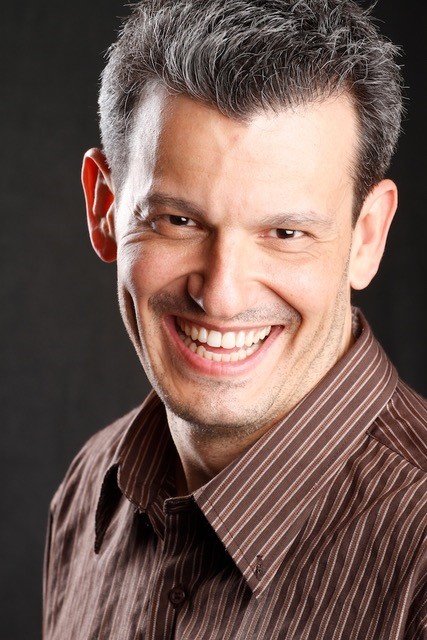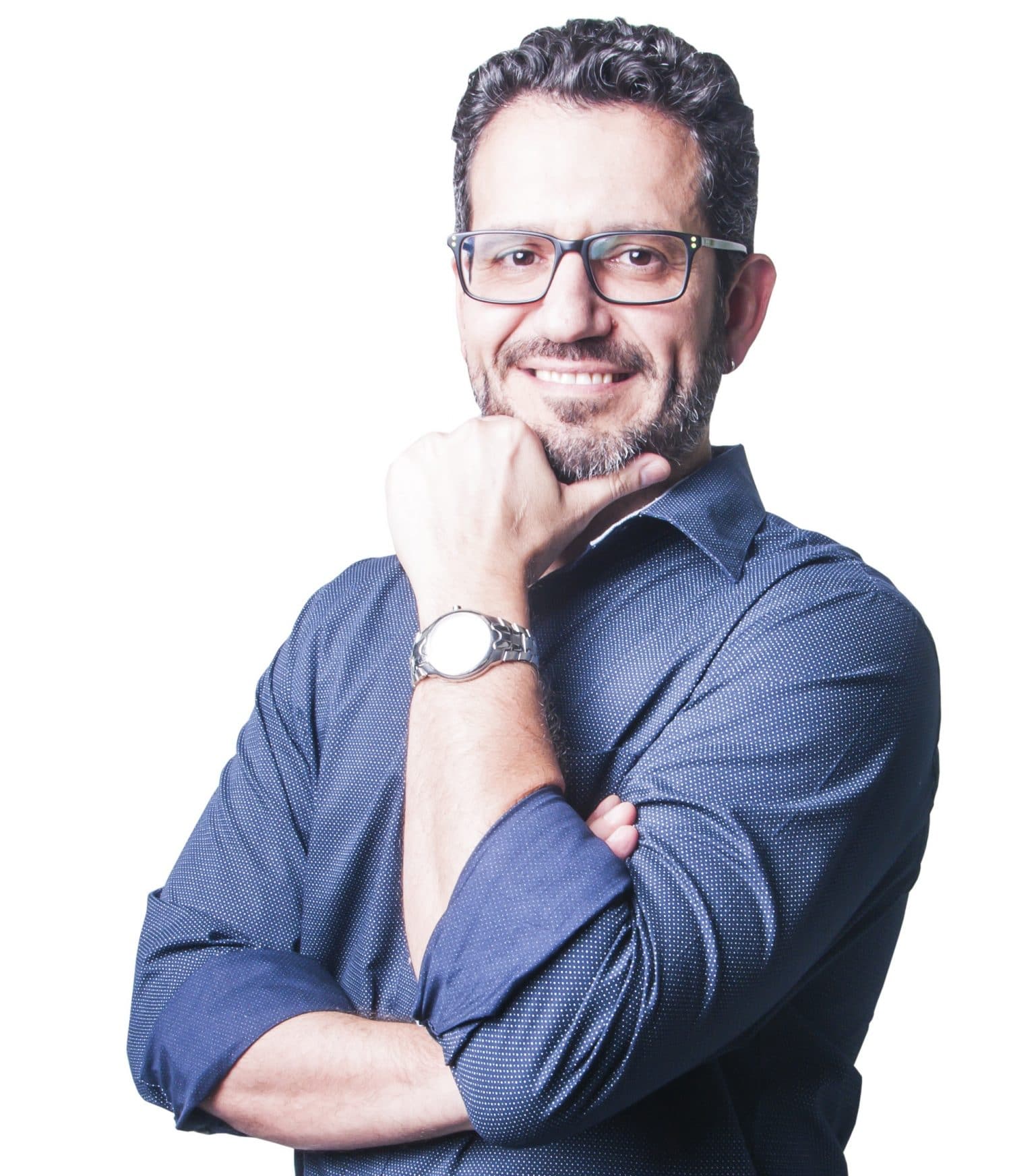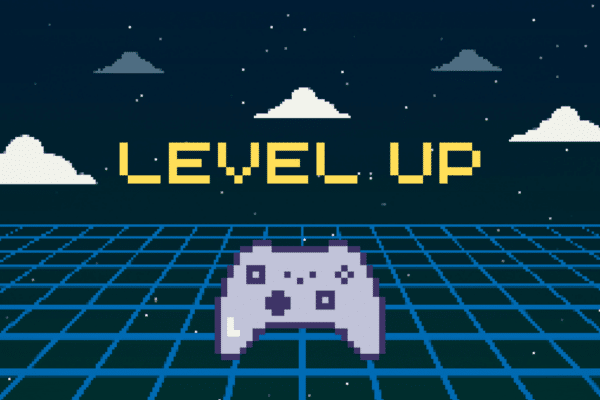PD AGAIN? YES! THE DIFFERENCE PROFESSIONAL DEVELOPMENT MAKES

Image Credits https://goo.gl/R2jQy3
In a week from now a lot of teachers of English from Brazil and abroad will be attending the 16th Braz TESOL International Conference. Bearing this in mind, it reminded me of two plenary sessions from the14th BTIC, four years ago in João Pessoa (PB- Brazil), when both Luíz Otávio Barros and JJ Wilson talked, among other things, about the importance of PD as an ongoing process.
And you might be thinking: Are you writing about PD again? And I say: Yes. Why not? I need it. Don’t you?
Professional development refers to many types of educational experiences related to an individual’s work. Doctors, lawyers, educators, accountants, engineers, and people in a wide variety of professions and businesses participate in professional development processes to learn and apply new knowledge and skills that will improve their performance on the job. Many fields require members to participate in ongoing learning approved by the profession, sometimes as a requirement for keeping their jobs. Professionals often also voluntarily seek new learning. In education research have shown that teaching quality and school leadership are the most important factors in raising student achievement.
For teachers and managers to be as effective as possible, they continually expand their knowledge and skills to implement the best educational practices. Educators learn to help students learn at the highest levels. Professional development is a strategy schools have to strengthen educators’ performance levels and a way educators can learn so that they are able to perform better and raise student achievement.
As for new teachers, they juggle an overwhelming number of unfamiliar issues, such as classroom management, instruction, curriculum, school culture and operations, test preparation and administration, state standards, parent relations, and interactions with other teachers. Left to themselves, they may develop counterproductive behaviours. With extra support, however, new teachers learn more effective practices to apply to daily challenges. I myself was a lot benefited from it when I started my career as a teacher of English almost 40 years ago.
Many misunderstandings exist about professional development, its purpose, and how it functions. When people use the term “professional development,” they usually mean a formal process such as a conference, seminar, or workshop; collaborative learning among members of a work team; or a course at a college or university. However, professional development can also occur in informal contexts such as discussions among work colleagues, independent reading and research, observations of a colleague’s work, or other learning from peers.
Current literature on professional development (Day, 2001, 2004, 2007;
Imbernòn, 2002; Silva, 2002, 2007; Herdeiro, 2007) reveals to us a recent concept but of increasing complexity and importance. When teachers acquire their professional qualification, they are far from being regarded as a complete and matured professional, to the extent that what they have acquired during their initial training is insufficient for performing their duties along their careers, thus recognizing the need to growth and diversified acquisitions, taking control of professional development (Ponte, 1994).
In fact, according to Day (2007), CPD has always been necessary to educators given the changes in curriculum, teaching approaches and working conditions. The emergence of CPD has also to do with the constant changes in today’s society and with the emergent educational and pedagogical theories. The traditional perspective saw the teacher as the ‘master’ who used to be isolated with his students in the classroom without help from the ‘outside’, turning him/her into an easy victim of their own deformations, inadequacies and interests, as well as institutional and social pressures “(Loureiro et al, 2008: 356).
The 21st century teachers are required to engage in teamwork, have technology skills, deal with lots of different demands from the institutions and / or clients and develop several other teaching abilities, since formal schools are only one option in the teaching field. Online teaching, long distance learning, blended learning, flipping lessons, MOOCS, webinars, and corporate learning are only a few examples of new ways of teaching and learning. Having said that, teachers should be constantly concerned with PD; mentoring and coaching in order to face the new challenges the new century has brought to them. In addition, students are no longer passive subjects. They are quite tech skilled, a lot more informed, curious, creative, critical, instigating and expect a lot more from teachers, rather than simply lecturing and grading exams.
Ten Tips for Effective PD (By Joe Trammell):
- Hone a Learning Mindset: Having a positive attitude towards professional development is vital. “One way to deal with the insane pace of change is by living to get smarter and to learn new things.” Set aside time to learn on a regular basis.” (Tom Peters)
- Examine Your Decisions
- Read Regularly: Read widely, not only about current events but also subjects that can broaden your horizons.
- Write Regularly: Writing has multiple benefits. It can help you master the content, improve your critical thinking skills, and enhance communication with your various audiences. The more you write, the better your writing will become. It can also help build awareness for yourself as an expert in your field.
- Attend Training Programs and Conferences: Not only to learn and get to know new ideas, but you can also find valuable networking opportunities here.
- Teach What You Know: There is no better way to master something than by trying to impart your knowledge and skills to others. It makes you think about the material in new ways. In my experience, sometimes you learn more from your “students” than they do from you. Take advantage of opportunities to teach.
- Build Self-Awareness: While it may sound cliché, self-awareness is critical to effective teaching.
- Gather Feedback: You should actively solicit feedback from your peers, your board, and anyone else in a position to provide valuable input.
- Find Mentors: Develop relationships with people who have been in your shoes. Speaking of feedback, mentors or coaches are often in a position to give you objective advice that you may not get on the job. Find someone who will give you honest, unvarnished input.
- Cultivate Peer Relationships: You should develop relationships with as many people in your school as possible. This is important for keeping up with developments and gaining new perspectives and ideas.
Final Considerations:
Effective professional development enables educators to develop the knowledge and skills they need to address students’ learning challenges. To be effective, formal professional development requires thoughtful planning followed by careful implementation with feedback to ensure it responds to educators’ learning needs. If not institutional PD, teachers can and should be responsible for their own PD since there are many available options, face-to-face and online, for free or not, which are certainly of great help.
Educators who participate in professional development then must put their new knowledge and skills to work. Professional development is not effective unless it causes teachers to improve their instruction or causes administrators to become better school leaders.
Good teaching is not an accident. While some teachers are more naturally gifted than others, all effective teaching is the result of study, reflection, practice, and hard work. A teacher can never know enough about how a student learns, what impedes the student’s learning, and how the teacher’s instruction can increase the student’s learning. Professional development is the only means for teachers to gain such knowledge. Whether students are high, low, or average achievers, they will learn more if their teachers regularly engage in high-quality professional development.
Hope to see you in Caxias do Sul next week for the 16th BTIC
Enjoy your teaching!
Reference:
DAY, Christopher (2001). Desenvolvimento Profissional de Professores. Os desafios da aprendizagem permanente. Porto: Porto Editora.
DAY, Christopher (2004). A Paixão pelo Ensino. Porto: Porto Editora.
DAY, Christopher (2007). A Liderança e o impacto do Desenvolvimento Profissional Contínuo de professores, in J.C. Morgado e M.I. Reis (Org.) Formação e Desenvolvimento Profissional Docente: Perspectivas Europeia: Universidade do Minho, Cadernos CIED, pp. 30-39.
HERDEIRO, Rosalinda (2007). Práticas reflexivas e desenvolvimento profissional. Um estudo de caso com professores do 1º CEB. Dissertação de Mestrado, Instituto de Educação e Psicologia. Braga: Universidade do Minho.
IMBERNÓN, Francisco (2002). La formación y el desarrollo profesional del profesorado. Hacia una nueva cultura profesional. Barcelona: Editorial Graó.
PONTE, João Pedro (1994). Desenvolvimento Profissional do Professor de Matemática. Revista Educação e Matemática, Lisboa: APM, nº31, pp. 9-12 e 20.
TRAMMEL, Joe (2016): Ten Ways To Maximise your Professional Development – Available on https://goo.gl/PHJu16 last access on 11th July 2018






